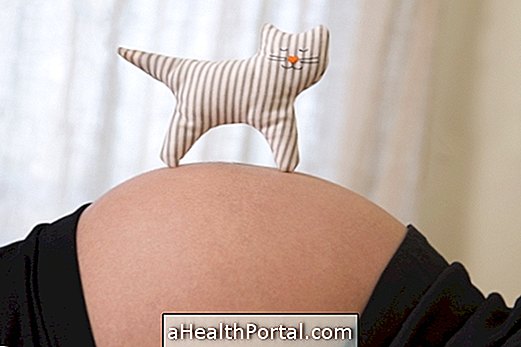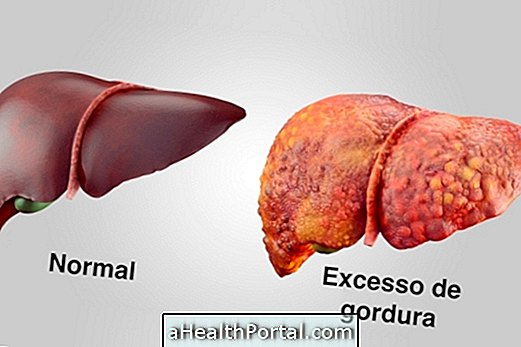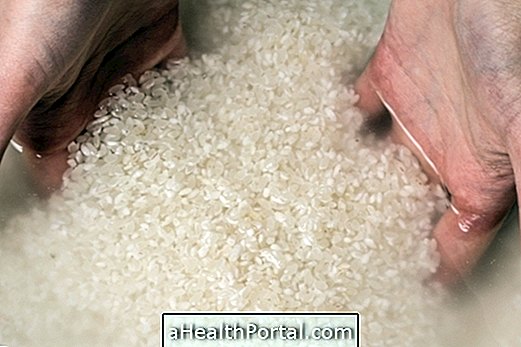In high-risk pregnancies it is important to follow the recommendations and guidelines of the obstetrician, such as rest, balanced diet or medication intake so that gestation runs without complications for the mother and the baby. Look at all the causes that can lead to a risky pregnancy.
Therefore, some precautions that a high-risk pregnant woman should have during pregnancy include:
- Regular visits to the obstetrician : High-risk pregnant women generally have more prenatal visits so the obstetrician can follow the development of the pregnancy, identify early problems and institute the appropriate treatment as soon as possible in order to maintain the mother's health and baby. Therefore, it is important for the pregnant woman not to miss appointments and follow all the recommendations proposed by the obstetrician;
- Make healthy food: Food should be rich in fruits, vegetables, whole grains, fish, white meats such as chicken and turkey, and seeds such as sesame or sunflower seeds. On the other hand, the pregnant woman should avoid fried foods, sweets, sausages, soft drinks, coffee or foods with artificial sweeteners, such as light refreshers. Learn more at: Pregnancy feeding;
- Do not consume alcohol: alcohol also increases the risk of malformations in the baby, premature delivery and abortion. Learn more at: Alcohol in Pregnancy;
- Comply with rest: it is very important for the pregnant woman to comply with rest, as soon as the obstetrician indicates, since rest, in the majority of cases, is fundamental to avoid that some illness that the pregnant woman has worse or even to prevent the hospitalization or the the appearance of future problems;
- Controlling weight: The high-risk pregnant woman should not gain more weight than the obstetrician recommends, because being overweight increases the risk of complications in the mother, such as hypertension and diabetes and malformations in the baby, such as heart defects. Look at how many pounds you can put on: How many pounds can I gain weight in pregnancy?
- Take the medicines prescribed by the obstetrician: the pregnant woman must always take the medicines prescribed by the obstetrician at the right time to control her health problem;
- Do not smoke and avoid frequent cigarette smoke: cigarettes increase the risk of miscarriage, premature birth and malformations in the baby, and increase the risk of complications such as thrombosis. Learn more at: Seven Reasons No Smoking in Pregnancy.
In addition to these care, it is also important for the high-risk pregnant woman to be able to identify signs of preterm labor, such as the presence of gelatinous discharge, which may or may not contain traces of blood, since the risk of labor time is greater in these cases.























